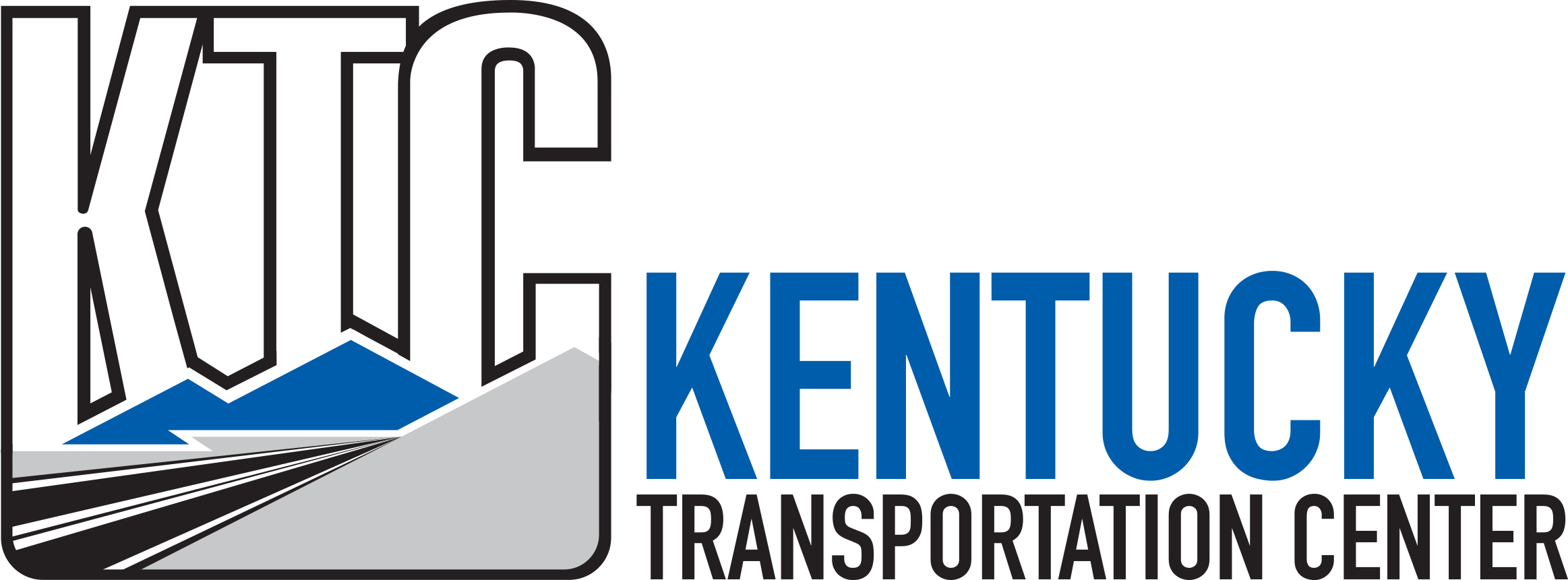Abstract
A visual inspection of a slide near Milepost 153 on I 64 was made April 11, 1972, and reported in a memorandum prepared by B. H. Banks on April 12, 1972. The Division of Research made recommendations for correcting this situation in a memorandum to A. R. Romine on June 30, 1972. These recommendations were based on a limited field investigation and a stability analysis of a proposed berm to be located near Station 3483+00. In a letter dated August 18, 1972, Mr. A. J. Horner of FHWA requested borings be made at the site to establish rock depth and to obtain samples for triaxial testing. That correspondence indicated that, to be eligible for FAI participation, a more complete analysis of the slip would be needed.
Results of the present investigation which conform to the FHWA request are presented herein. Translatory slope stability analyses were not performed since the circular slope stability analysis was more applicable in this particular situation. Slope stability computations (Bishop's circular method) were carried out in terms of effective stress using shear strength parameters obtained from consolidated, isotropic, undrained triaxial tests with pore pressure measurements. The major objective of the study was to check a remedial solution previously proposed (see APPENDIX). The investigation was conducted under Research Study KYP-72-38 entitled "Landslides" and maintenance project SP 22-538-28L.
Report Date
8-1-1973
Report Number
No. 372
Digital Object Identifier
http://dx.doi.org/10.13023/KTC.RR.1973.372
Repository Citation
Girdler, Harry F. and Hopkins, Tommy C., "Stability Analysis of Slide at Milepost 152.7, I 64, Carter County" (1973). Kentucky Transportation Center Research Report. 1131.
https://uknowledge.uky.edu/ktc_researchreports/1131



Notes
The contents of this report reflect the views of the authors who are responsible for the facts and the accuracy of the data presented herein. The contents do not necessarily reflect the official views or policies of the Bureau of Highways. This report does not constitute a standard, specification, or regulation.